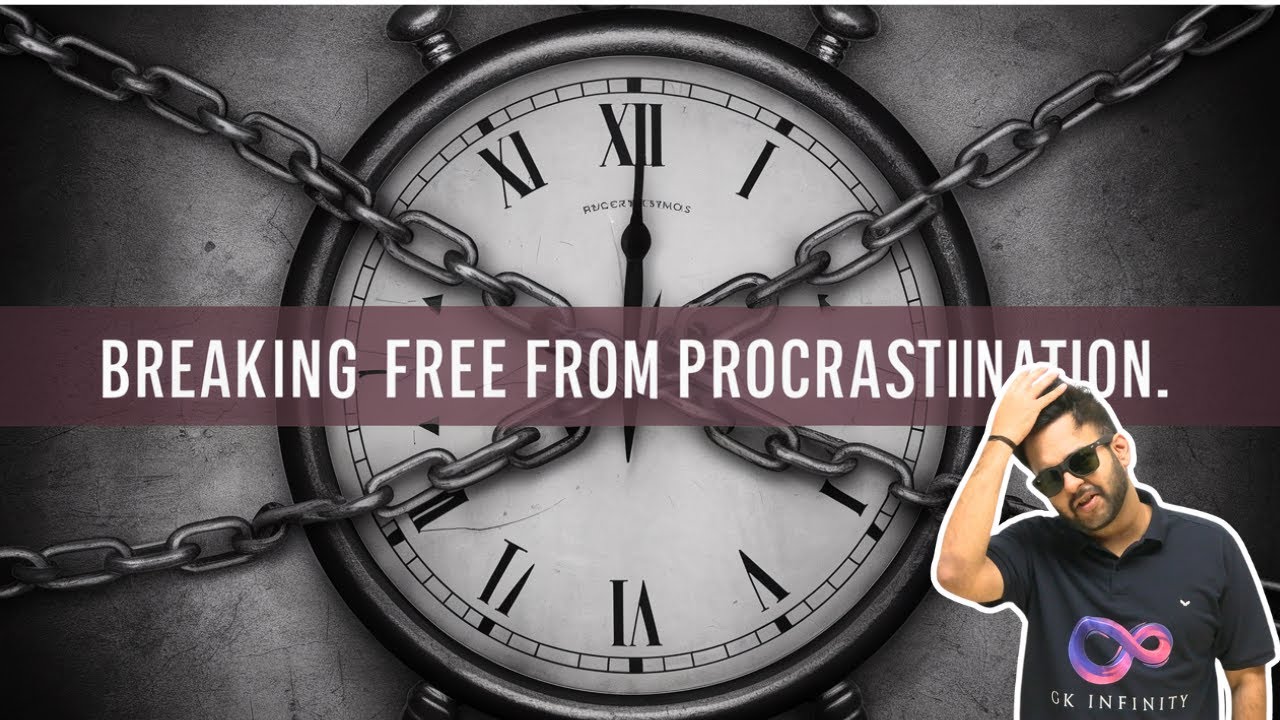How better tech could protect us from distraction | Tristan Harris
Summary
TLDRThe speaker explores the concept of 'time well spent' and the struggle to manage time amidst technological distractions. They highlight how devices resemble slot machines, offering unpredictable rewards that capture our attention. The talk suggests a need for design solutions that restore user choice and control over technology, using examples like focused work modes and conscious interruptions. It calls for a shift in design goals from mere functionality to enhancing the quality of human interactions and experiences, proposing a new metric for technology success: net positive contribution to human life.
Takeaways
- 🕒 The speaker is deeply concerned about how we spend our time, feeling that it's slipping away, especially due to technology.
- 📲 Technology, particularly smartphones, is likened to a slot machine, enticing us with the promise of new content every time we check.
- 🔄 The speaker acknowledges the paradox of being aware of the time-wasting nature of technology yet still being drawn to it.
- 🤝 There's a need to restore choice in our relationship with technology, moving away from an all-or-nothing approach.
- 🛠️ Designers have a crucial role to play in reshaping technology to enhance, rather than detract from, our quality of life.
- 💬 The example of chat or text messaging is used to illustrate how design can help manage interruptions and improve focus.
- ⏱️ Interruptions in work cost us an average of 23 minutes to refocus, highlighting the importance of designing for reduced distractions.
- 🌟 The speaker advocates for a shift in design goals from mere functionality to fostering deeper human values and positive experiences.
- 🌱 The concept of 'net orchestrated conviviality' is introduced as a measure of success for platforms like Couchsurfing, focusing on creating positive experiences.
- 🌐 The speaker envisions a world where technology is designed to contribute positively to our lives, measured by the value it adds rather than time spent.
Q & A
What is the main concern the speaker has about spending time on technology?
-The speaker is concerned about how time spent on technology, such as checking emails and social media, can feel like a compulsion and lead to a loss of control over how time is spent, resulting in a feeling of life slipping away.
Why does the speaker compare checking a phone to playing a slot machine?
-The speaker compares checking a phone to playing a slot machine to illustrate the unpredictable and addictive nature of receiving notifications and updates, which keeps users engaged and checking their devices repeatedly.
What is the 'all-or-nothing' relationship with technology that the speaker refers to?
-The 'all-or-nothing' relationship refers to the binary choice people feel they have with technology: either being constantly connected and distracted or being disconnected and potentially missing out on important information.
How does the speaker suggest designers can help restore choice in our relationship with technology?
-Designers can help restore choice by creating features that allow users to control when and how they are interrupted, such as the example of a 'focus mode' that holds messages until the user is available.
What is the average time it takes to refocus attention after an interruption according to the speaker?
-According to the speaker, it takes about 23 minutes on average to refocus attention after an interruption.
Why does the speaker believe that external interruptions can lead to more self-interruptions?
-The speaker believes that external interruptions condition and train us to interrupt ourselves more frequently, leading to a habit of self-interruption every three-and-a-half minutes.
How does the speaker propose changing the goal of chat applications?
-The speaker proposes changing the goal of chat applications from simply facilitating easy messaging to creating the highest possible quality communication and positive relationships between people.
What is the concept of 'net orchestrated conviviality' mentioned by the speaker?
-'Net orchestrated conviviality' is a concept where the success of a service like Couchsurfing is measured by the net positive hours of social interaction it creates that would not have existed without the service.
How does the speaker suggest measuring the success of technology in terms of human life?
-The speaker suggests measuring the success of technology by its net positive contribution to human life, such as creating positive experiences and relationships, rather than just the amount of time spent on the technology.
What is the speaker's vision for a world driven by 'time well spent'?
-The speaker envisions a world where technology and services are designed to help people spend their time well, focusing on creating positive contributions to human life, rather than just maximizing time spent on devices.
Outlines

此内容仅限付费用户访问。 请升级后访问。
立即升级Mindmap

此内容仅限付费用户访问。 请升级后访问。
立即升级Keywords

此内容仅限付费用户访问。 请升级后访问。
立即升级Highlights

此内容仅限付费用户访问。 请升级后访问。
立即升级Transcripts

此内容仅限付费用户访问。 请升级后访问。
立即升级浏览更多相关视频

Sudah Berapa Banyak Waktu Yang Sudah KAMU SIA-SIAKAN? Sadari KONSEKUENSINYA!

APRENDA PREGAR (MARTA E MARIA)

How to Stay Productive and regain control over your time || Prakhar Mishra

SENANDUNG QOLBU #9 RAMADHAN 1446 H / 2025 M || SMPN 2 MEJAYAN

Daily Routine to Score 95% in Class 9th/ 10th🔥| Time Management| Prashant Kirad

Manajemen Waktu untuk Pelajar
5.0 / 5 (0 votes)
